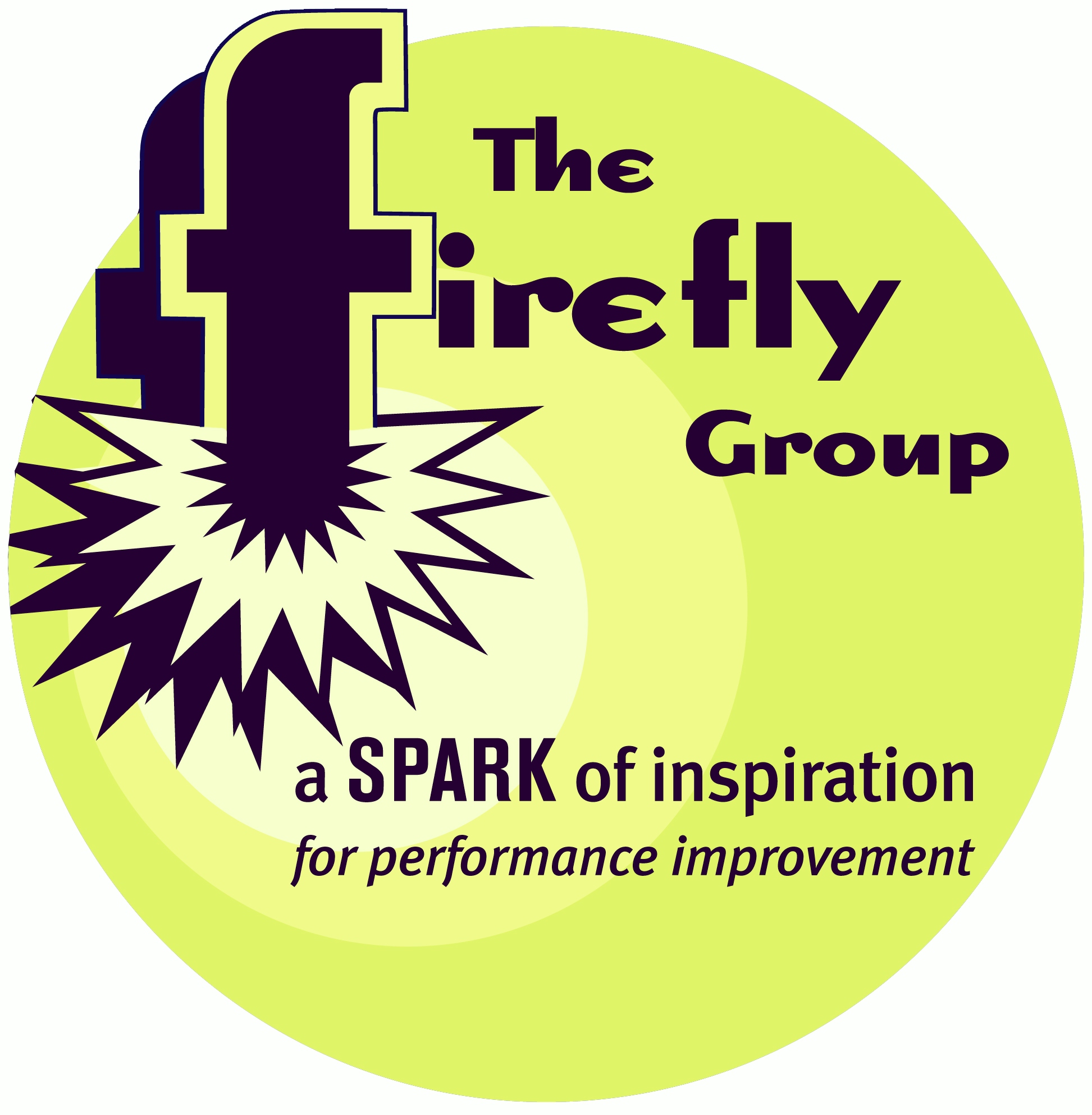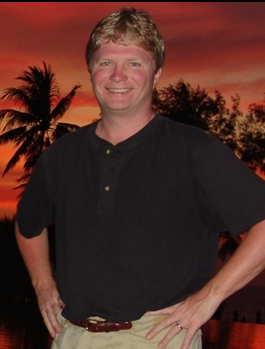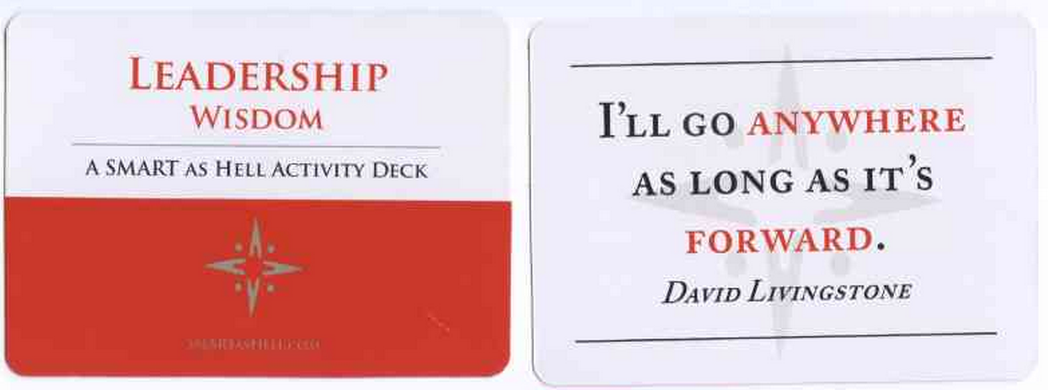

Of Note...
Brian Remer Receives Award for Lifetime Achievement. Read about it here:
Where Can You Catch The Firefly Group?
Training
2013
Orlando, Florida
February 18 - 20
What We Do
The Firefly Group helps people connect their everyday tasks with a bigger, wider sense of purpose and meaning. After working with Firefly, people are energized to attain the mission of their organization and they have a specific action plan to help them achieve their goals.
We do this through leadership development, performance improvement training, strategic planning, and clarification of organizational mission and vision. Our methods are engaging, thought-filled, and results-oriented.
 If
this sounds like a good direction for your organization, let's talk about
how we might collaborate! Please give me a call (802.257.7247) or send an
. - Brian
If
this sounds like a good direction for your organization, let's talk about
how we might collaborate! Please give me a call (802.257.7247) or send an
. - Brian
 Your ETR (Estimated Time to Read): 10 minutes Your ETII (Estimated Time to Implement Ideas): 5 weeks |
Special Event Rescheduled:
Thiagi in New York City
Hurricane Sandy was an uninvited participant in Thiagi's workshop set for last October 30 so this workshop has rescheduled for February 5 in the same location.Contact Thiagi directly to learn about "Interactive Techniques for Instructor-Led Training." In the morning session of this two-part workshop, you will learn how to design a variety of effective and engaging training activities. In the afternoon, you will learn how to conduct these activities to ensure the recall and application of new skill and knowledge. To register for this one-day event visit thiagi.com.
From the acclaimed North American Simulation and Gaming Association, comes the much-anticipated The NASAGA Training Activity Book. This first-of-its-kind book offers a dynamic collection of ready-to-use games, simulations, and activities. With contributions from expert trainers, educators, and simulation and game designers, this highly accessible resource presents a variety of activities that address the most common issues that trainers are asked to tackle including:
Communication, Conflict management, Creativity, Customer service/sales/marketing, Decision making/problem solving, Multicultural issues, Organization development, Self-awareness/personal growth, Team building, Training of trainers
Available from Pfeiffer.
December 2012
|
Say
It Quick |
Discoveries bits of serendipity to inspire and motivate |
Ideas fuel for your own continuous learning |
Activities tips and tricks you can try today |
| Enough Time | SMART as Hell | Leadership Wisdom |
It's nearly the end of 2012! Did you achieve your goals? This issue of the Firefly News Flash offers tools, techniques, and ideas to do just that beginning with inspiration in exactly 99 words.
Enough Time
Kate responded sternly when her college students complained that they didn't have adequate time to complete assignments. "There are 24 hours in every day. You had the same number of those hours as everyone else," she would reply. Sounds harsh? Maybe.It's true, some tasks cannot be done in the allotted time and some people need more time to accomplish the same things. But usually when we "don't have time" it's because we chose to do something else. We each have complete control of our time.
Do we "mis-allocate" our time or do we misalign our priorities?
SMART as Hell
www.SMARTasHell.com
Whether you agree with my friend Kate in the 99-Word Story or not, commitment and will power both play a big role in determining whether we are successful. But they certainly are not the only considerations. Resource availability, support from others, knowledge, skill level, emotional readiness, even the weather can combine to determine the outcome of a project.
With the multitude of factors that influence every stage of most projects, it's amazing to think we can ever have much control over the outcome! But there is one key point at which our influence is, perhaps, its greatest: Before the project starts. At the very beginning, when we define the goal, we determine the standards and expectations that can lead to success. The goal is critical and that's where SMART as Hell enters center stage.
You may be familiar with the concept of SMART goals, an acronym that stands for Specific, Measurable, Aggressively Attainable, Realistic, and Time-Bound. But at SMARTasHell.com, goal-writing guru Glenn Hughes has brought an engineer's knack for measurement to goal setting. Glenn analyzed the literature and found more confusion than clarity about SMART goals. Besides disagreement about what S-M-A-R-T stands for, very few people write goals that actually fit these five criteria.
Glenn devised a measuring system, a SMARTometer, that anyone can use to rate the goals they write. With this tool, goals are given a score in each of the SMART criteria. Total scores can range from -120 (stone cold) to +100 (SMART as Hell). It's a simple way to refine a goal so that it's more likely to get done.
SMART as Hell brings a rigor to goal setting that would have benefitted Kate's college students! You can learn more and benefit too by reading my interview with Glenn in the Ideas section below or by visiting SMARTasHell.com.
 Glenn
Hughes: An Interview
Glenn
Hughes: An Interview
Brian: The concept of SMART goals has been around a while. What is the story behind your intense interest in SMART goals?
Glenn: Yes. The concept has been around since at least the 1970's, perhaps even the 1960's. There's some debate about that.
In 1993, I travelled to Japan on a one-year engineering assignment. When I got there, I found out that I was the only engineer who was not a 'senior' engineer, even though by tenure and ability, I should have been. Bluntly, I had been a complete failure at managing my career.
So, I met with my new manager and hammered out aggressive goals for that year. I received agreement that, if I hit those goals, I would get my promotion. Well, I hit the goals and got my promotion. As a result, I decided that I would never again surrender the ownership of my goals to anyone.
Five years later, I heard of SMART goals (Specific, Measurable, Attainable, Relevant, Time-bound) and realized that those criteria matched what I had been doing. I become an evangelist for SMART goals. Unfortunately, I noticed that most people - even those who had SMART goal training, didn't apply the criteria effectively.
When I became a trainer, I started exploring this mystery and found two answers. One - there are, literally, over a million possible permutations of the SMART acronym. This causes deep confusion. Two - the five words are not sufficient. SMART is a great framework, but a lousy tool. Writing great goals just isn't that easy.
Brian: How is SMART as Hell different?
Glenn: SMART as Hell 'turbo-charges' the SMART acronym by providing a new set of effective tools that guarantees users will write SMART as Hell goals. Most books on the market talk about goals being really important, and then dedicate four to six pages to the topic. Most workshops tell you goals are critical and then spend fifteen minutes to one hour on the subject. It's clearly not enough.
In SMART as Hell, we spend 8 hours helping you write goals that will change your world.
Brian: Having a SMART goal seems necessary but not sufficient for success. What suggestions do you have to keep people moving forward - engaged and acting on a goal - in the midst of all their day-today tasks?
Glenn: You're absolutely right. Goals are a piece of a larger context or environment. SMART as Hell goals must work with, and for, your mission, vision, values, and strategies. Additionally, the goals must trigger plans, actions, feedback, and adjustments. As such, my suggestions include:
Brian: Measuring goals can be difficult in soft skill areas. What are some goals that you've found a way to measure even though someone originally said it couldn't be measured?
Glenn: One of my favorite quotes is Galileo's "Measure what is measurable and make measurable what is not so". As a result, my work (and workshops) often focuses on 'measuring the immeasurable'. Here are three examples:
Brian: In what ways would you say that it is especially important for trainers, educators, and facilitators to write quality goals?
Glenn: I think a trainer's responsibility is simple: ensure that students take useful skills - as well as the confidence to use those skills - and successfully apply them outside the training room. I don't know how a trainer can do that consistently without SMART as Hell goals.
The only way I can feel confident that I can run a 5:00 mile is to do it, with measurement and feedback systems in place. In the same way, the only way to feel confident that I can write a SMART as Hell goal is to write a goal that scores 80 degrees or higher on the SMARTometer. The only way I can feel confident that I can create a powerful slide is to create one that scores 4:1 or greater on the glance test.
As a trainer, knowing these goals sets a clear standard for me, for the student, and for the company who sent the student to my class. This is critical. A company that brings me in for SMART goal training knows exactly what it's getting from their attendees and me. If the company doesn't want that, they shouldn't hire me. The students know what I'll be asking of them and know when they succeed. This puts the power in their hands. And I know when I've succeeded or failed. In fact, I guarantee that every workshop attendee will improve their goals on the SMARTometer, or I will support them until they do.
That type of accountability is, unfortunately, rare in training and education - where learning objectives like, "learn to empower your employees", "understand what leadership is", or "create innovative ideas" are all too common. I've presented at more than a dozen learning conferences, and 95% of the trainers and facilitators in attendance struggle to define SMART goals for their workshops.
As you've heard me say, "If your goals aren't SMART, your results probably aren't".
Brian: If you had to give up one of the SMART criteria for a goal, which could you most easily do without?
Glenn: That's like asking me which foundation stone I'd want to pull out from under a building - if you don't have all five present in your goal, you're compromising the entire structure. That said, one could make a strong argument that a truly specific goal would already be time-bound and measurable. Since procrastination is one of the primary reasons for establishing a goal, I would keep time-bound and drop measurable - assuming that specificity covers that.
Brian: Is there a time or situation when would you advise someone not to have a goal?
Glenn: Yes. A goal should not be set until you've established your vision and values. A SMART goal that is executed in the absence of vision and values is not only at risk of being ineffective; it is also potentially destructive. Start with strong vision and values and then work out your goals as you go.
Brian: What is the connection that you see between SMART as Hell and the training tools and products you sell?
Glenn: Our mission statement at SMART as Hell is to "provide the tools and training to help our clients change the world, one goal at a time". To support this mission, we have four product groups:
Brian: What goals have you set for yourself and how often do you review them?
Glenn: I've set one-year, three-year, and five-year goals for SMART as Hell, in a number of areas:
To track these, I have a 'one-page' business plan with my vision, goals, strategies, and actions hanging on the wall in my office. I review it weekly and update it at least quarterly. I strongly suggest this approach for anyone who wants his or her actions and results to be 'SMART as Hell'.
 Leadership
Wisdom
Leadership
Wisdom
A SMART as Hell Activity Deck
What do Ralph Waldo Emerson, Edith Wharton, Seneca, Mario Andretti, the Bhagavad Gita, and Napoleon Bonaparte have to say about leadership? And what do their insights have to do with your own management style?
With Leadership Wisdom from SMART as Hell, you get 45 quotes by influential leaders and some answers to the questions above. Created by Glenn Hughes, this set of cards comes with instructions for two activities that can be used with teams or in a coaching session.
In one activity, each person is dealt a hand of leadership quote cards and asked to sort them into categories of Ethical Leader, Creative Leader, Servant Leader, Results Leader, and Visionary Leader. Then players take turns explaining their sorting decisions. The result is a rich discussion about leadership preferences, situational leadership, best practices within organizations, or the meaning of life.
Well, perhaps not the meaning of life but the deck is stimulating enough that with a smidgen of creativity, you can take the conversation, and the learning, just about anywhere.
Get the deck at SMARTasHell.com or pull a few quotes from the internet and try a quick version of your own (Search for Creative Commons sources). Then let me know what conversations you sparked!
|
Whether you need a keynote speaker, or help with strategic planning, performance improvement, or training facilitators and trainers in your organization, I look forward to your call (802.257.7247) or . -- Brian |
Read previous
issues. Click Library!
To add or delete your name to our mailing list, email
with a short note in the subject line.
I want this newsletter to be practical, succinct, and thoughtful. If you have suggestions about how I can meet these criteria, please let me know! Send me an with your thoughts and ideas.
Home
| Services
| Products
| Mission
| Ideas |
The Group
| The Buzz
(c)
2012 The Firefly Group